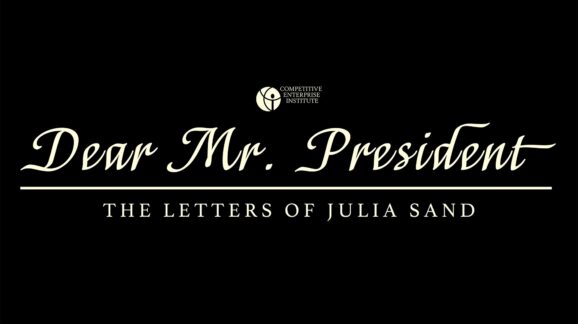Julia Sand – Letter 19
Context
The Saratoga Convention references the New York State Republican Convention, where the New York Republican Party would choose its nominee for governor. They would ultimately select Charles J. Folger, the sitting Secretary of the Treasury under President Arthur.
Letter 19
September 19, 1882
My friend,
Of course there is no knowing how much mischief you may have done during two quiet days in Lexington Ave, but – taking for granted that you did not do any – I am very glad you went away so soon. If you had remained in New York just now, though a dozen good reasons might have kept you, nothing would have prevented the impression that you were here for the direct purpose controlling the Saratoga Convention, & it would have awakened a very bitter feeling against you, even among many who consider themselves your friends. But you are to return in a few days, it is said. Will you be here during the last week in September? If so, would it be possible – & if it were, would you be willing to set for your portrait – just a little sketch in water colors? This is not an attempt at extortion, for I do not mean to let you have the picture, under any circumstances. If it is bad, you won’t want it – & I would be ashamed to let it go – & if it is good, I shall want it myself. When I go to Saratoga, in October, I expect to open a studio. I must do some kind of work, & that seems the most feasible. I am not afraid of work – in fact, after the years of enforced idleness that I have lived through, I am only too grateful to be able to work on any terms – but there is something that I am afraid of. I hardly know how to express it, without seeming supercilious – yet nothing could be farther from my thoughts – but I do dread contact with the world. I suffer over things that are not worth it – at which a person of a tougher mental constitution would only laugh. But there is much, besides true love that does not run smooth – &, perhaps I am not as practical as I might be. This is rather discouraging, yet I do not mean to let it take all the courage out of me. I intend to go on trying, even if things are rough – even if I make them rougher for myself than they need be. And to begin with, I ask this favor of you, with less hesitation than I would, if you were an older personal friend, because I am sure you will have no hesitation in refusing it, if it is really disagreeable to you. Of course sitting for one’s portrait is a bore – but then you have been bored so much during the last year, that perhaps you can endure that more resignedly than most men. And if it were a question of, between two engagements of interest, sitting in your own parlor & hearing the door-bell ring forty times in thirty minutes, or sitting in our parlor & enjoying a serene blank, possibly the latter would be the lesser evil. The light in our parlor is good, morning or afternoon, & I would be ready at any hour you chose to name, after 9 A.M. Any portrait that I might paint now, would be of some use to me – but, you being rather well known, to have painted yours, even hastily & badly, would, in some person’s eyes, add greatly to the interest of my work. And as I do not ask to have the picture hung in the Capitol or the White House, can you have any conscientious scruples against letting me take it? Of course my asking it at all is very selfish – but, you see, I admit the fact – I do not pretend to be anything else. It remains with you to reward or punish this selfishness just as you think best. But if you have any of the good nature, which the newspapers (no doubt, falsely) accuse you of, come & see me soon after you return to New York & let me know whether you will or will not sacrifice yourself for just a little while, to gratify
Your sincerely selfish friend,
J. I. S.
Letter 20 – Harshness towards Arthur for his associations and failure to communicate with her
